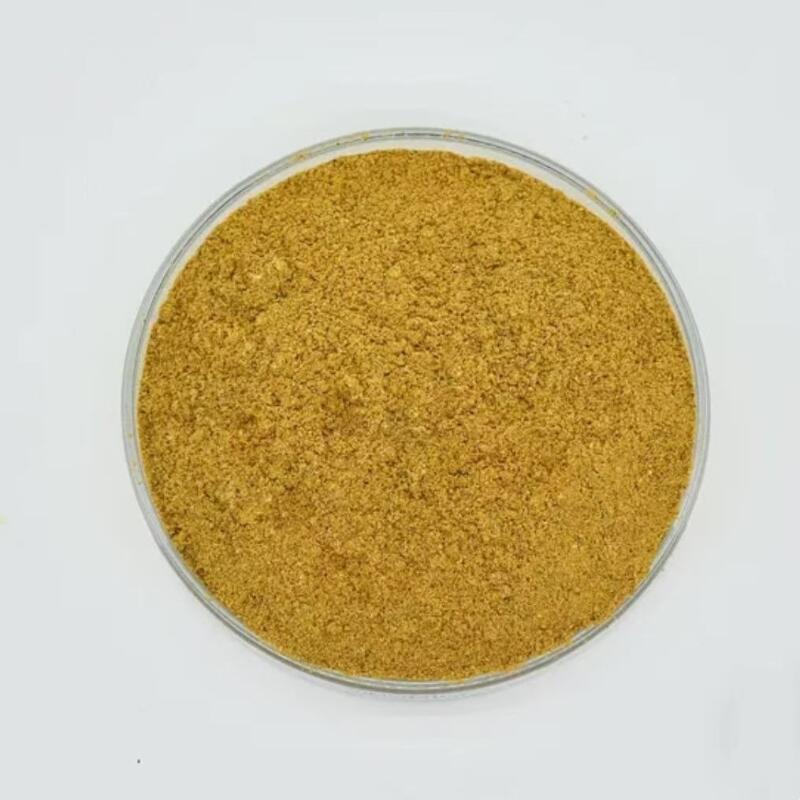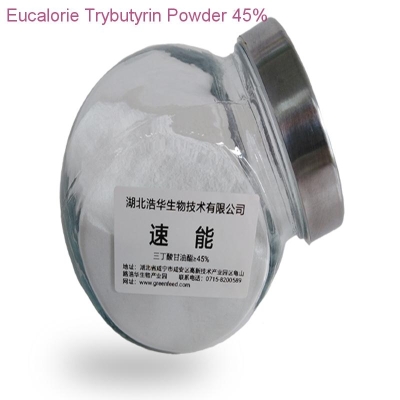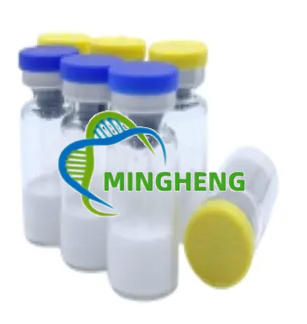"Pure fresh milk" disappears next year on the 11th?
-
Last Update: 2008-11-03
-
Source: Internet
-
Author: User
Search more information of high quality chemicals, good prices and reliable suppliers, visit
www.echemi.com
Introduction: yesterday, the reporter learned that according to the new food labeling standards and implementation guidelines, the word "fresh" is used in food labels, which refers to the raw food without any form of processing In this regard, some dairy enterprises raised doubts These new regulations refer to the general principles for the labeling of prepackaged food and the general principles for the labeling of prepackaged special food issued by the General Administration of quality supervision, inspection and Quarantine of the people's Republic of China and the Standardization Administration of the people's Republic of China The new regulations will be officially implemented on October 1 next year The two national standards were prepared with the participation of the National Technical Committee for food industry standardization, and the Secretariat of the committee also prepared the guidelines for the implementation of national standards for food labeling According to the implementation guide, the product name of prepackaged food after heat treatment cannot contain the word "fresh" Enterprises can use the term "fresh milk" to refer to reporters in the market There are more than 10 brands named as "fresh orange juice" or "real orange", including Huiyuan, Huaqi, uni president, Master Kang, Wahaha, etc In dairy products, the symbol of "pure fresh milk" can be seen everywhere For Beijing Sanyuan Food Co., Ltd., which mainly produces pasteurized fresh milk, if the word "fresh" cannot appear on the packaging, it will obviously have a great impact Yesterday, Guo Weijian, general manager of Sanyuan company, told reporters that they had negotiated with relevant departments through the China Milk Association on this matter Before the coordination result came out, they could not predict the loss and formulate the next step strategy However, Mr Guo said that according to his understanding, pasteurized fresh milk is different from high-temperature milk, only heating raw milk to 75 ℃ to 80 ℃, which is translated as "fresh milk" in the United States, and different from "raw milk", which can be called fresh milk China Dairy Association and Beijing Dairy Association declined to comment on the contradictory formulation of the general principles of the association The reporter found Gu Jiasheng, Deputy Secretary General of Shanghai Dairy Association He expressed the view that the starting point of the general principles is good, but some statements about fresh milk in the guide are wrong "According to page 45 of the guide," only unprocessed milk is fresh milk, so no fresh milk is sold on the market " But on page 309, for the argument that "the standard term for fresh milk is raw milk," reference was made to 101.95 of the food label in part 101 of the code of federal regulations The regulation followed with an exception: allowing the use of 'fresh' to describe pasteurized whole milk This is clearly a contradiction Obviously, the understanding of the compilers is biased " Yesterday, the reporter interviewed the compilation unit of the national standard implementation guide for food labeling, the National Food Industry Standardization Technical Committee A staff member surnamed Lin interviewed the reporter: "the word" fresh "is used on food labels or labels, which means that the food is in a raw state, without freezing or any form of heat treatment or any other form of preservative treatment, only raw food can be called fresh The fruit picked from the tree is the fresh fruit, and the one squeezed out from the cow can be called the fresh milk " Ms Lin stressed that the reason why such standards are formulated is because of the confusion of food labels, especially the so-called "pure" and "fresh" concepts used by the dairy and beverage industries as selling points to mislead consumers The new law is to ensure that labels must be accurate and authentic "The reason why it is controversial is because it affects the interests of enterprises." Ms Lin believes that the formulation of the guide has been repeatedly demonstrated by relevant experts, and there is no wrong understanding of foreign laws and regulations, nor can it be easily changed Insiders pointed out that the reason why a word "fresh" caused such a stir was the opposition between the high-temperature sterilized milk production enterprises represented by Yili and Mengniu and the pasteurized milk production enterprises represented by Guangming and Sanyuan At present, high-temperature milk with the advantages of long-term preservation and relatively cheap occupies the majority of China's dairy market share, but in developed countries, pasteurized fresh milk has an absolute advantage in the market Compared with the high-temperature milk, pasteurized milk's main competitiveness is to reduce the damage of milk nutrients and keep the freshness of milk.
This article is an English version of an article which is originally in the Chinese language on echemi.com and is provided for information purposes only.
This website makes no representation or warranty of any kind, either expressed or implied, as to the accuracy, completeness ownership or reliability of
the article or any translations thereof. If you have any concerns or complaints relating to the article, please send an email, providing a detailed
description of the concern or complaint, to
service@echemi.com. A staff member will contact you within 5 working days. Once verified, infringing content
will be removed immediately.







